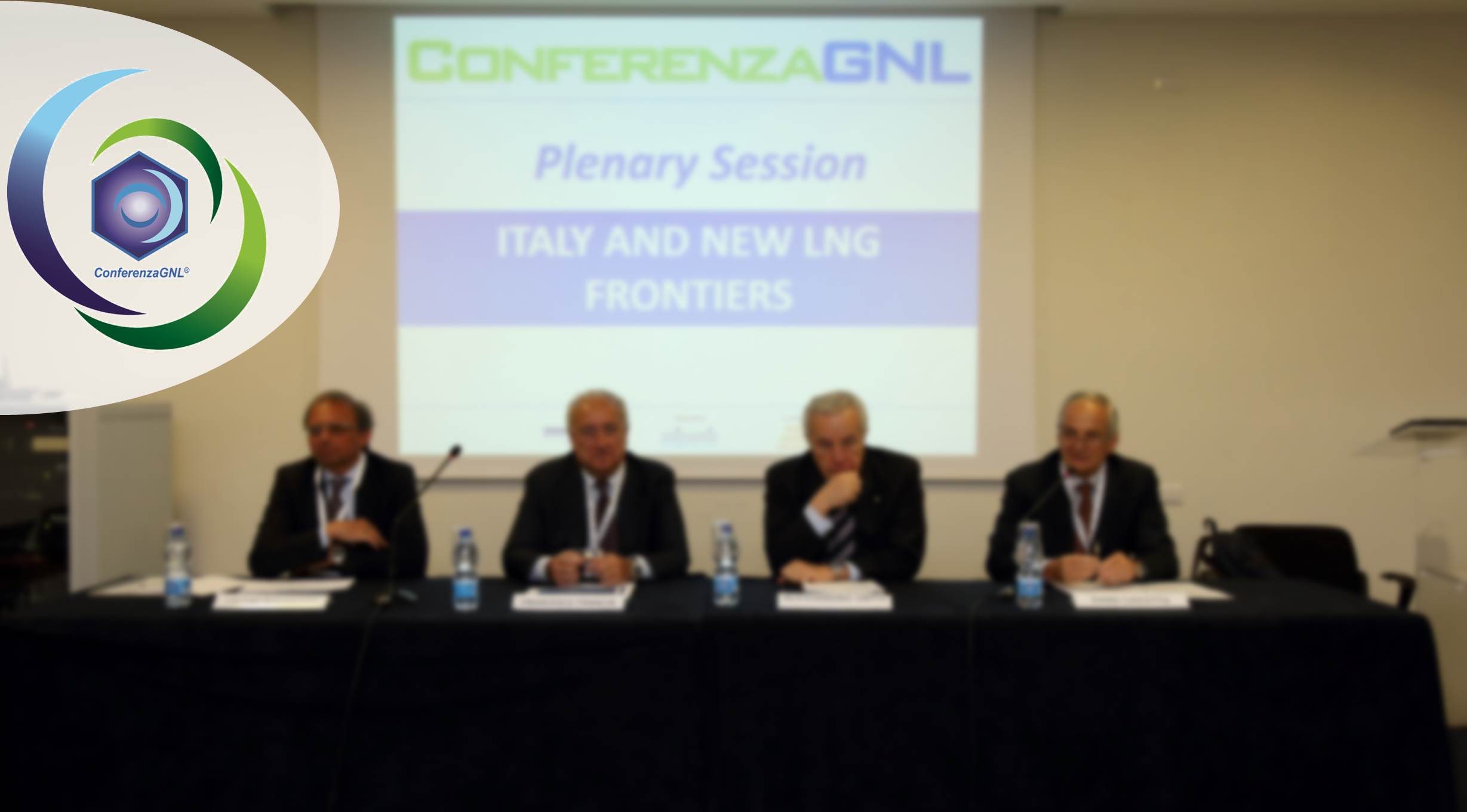
During "The Small Scale LNG Use, Euro-Mediterranean Conference & Expo" (Naples, Mostra d'Oltremare 15-16 May 2019), the first and only international event dedicated exclusively to the Small Scale LNG in all its end uses, the debate will be probably focus much more on Italy than abroad.
This is also due to the exceptional prospects of the sector, with investments sixfold in two years (from 300 million in 2017 to the current one billion and 800 million). The national natural gas sector, after decades of routine, entered an unexpected phase of scientific and technological expansion. The Conference of Naples will be an important occasion to deepen the sector progress.
Small and large companies, both public and private, invest and commit themselves in making fossil natural gas increasingly "green", whose development, since the second half of the last century, largely contributed to the country's industrial and socio-economic growth. Italy is equipped with important infrastructures that cannot easily be abandoned, also because they could become non-recoverable costs.
The starting point is the exceptional environmental qualities of natural gas that we use today and which, should not be forgotten, unlike coal and petroleum derivatives it does not emit fine dust or sulfur oxides, and significantly reduces CO2 and oxide emissions as well.
Research and development progress follows:
Biomethane: produced using all the biomasses and possible wastewaters, with the positive result of giving a value also to urban organic waste, thus enhancing separate waste collection in a "circular economy" approach;
Methanation: production of synthetic methane with the mixing of hydrogen (obtained by hydrolysis from the surplus of renewable electrical production) and carbon dioxide (with the advantage of removing it from the environment and favoring decarbonisation);
Oxy-combustion: mixture of methane and liquid oxygen, a powerful propellant for space carriers which allows the re-use of the combustion chambers, which could also find applications in other sectors;
Hydromethane: mixing of hydrogen (obtained as above) and methane which reduces the pollutant emissions of natural gas distributed by pipelines.
All these "innovative" fuels can be liquefied and used immediately in transport sector, such as maritime and heavy road. It is possible mixing them with natural gas that comes from pipelines and in the future replace it completely, thus reaching a zero environmental impact.
If the goal of the energy transition is the progressive use of fuels and energy vectors with the lowest emissions, renewable natural gas for transport can compete with other solutions, such as the electric one, especially if all is taken into account in the environmental analysis emissions "from the well to the wheel", and not just "from the tank to the wheel".
 EN
EN  it
it

